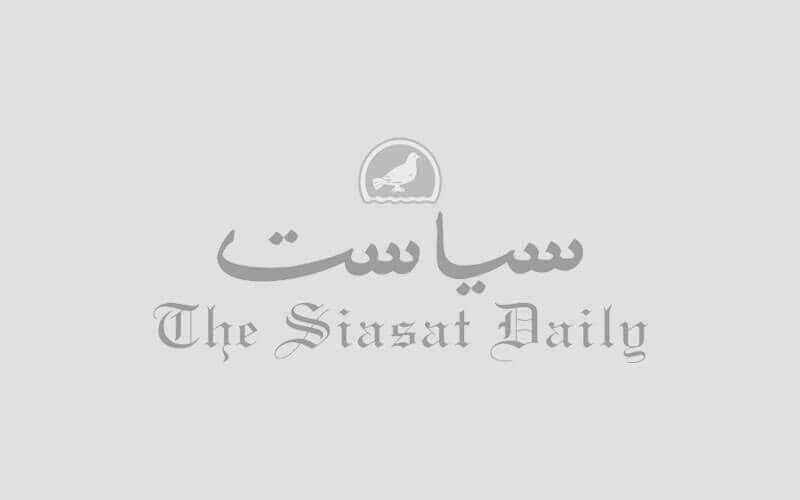Washington D.C. [USA]: Former US State Department official Wa’el Alzayat, remarking on the role of United States in resolving the conflict between Baghdad and Erbil, said that it lacks the power to facilitate dialogue between both the sides.
“The United States does not have enough power in Iraq to facilitate dialogue between Baghdad and Erbil in order to resolve the ongoing crisis,” Alzayat was quoted as saying, by Sputnik, on the sidelines of a panel discussion at the Center for Strategic and International Studies.
The former special assistant to the US Ambassador to Iraq observed that Iraqi Government is likely to continue pushing the Kurds in attempts to prevent them from seceding, even as United States aims to see Iraq united.
“Because they [United States] have a close relationship with both sides, they want to maintain that relationship,” Alzayat said.
“I think they will not be able to bridge the differences. And it is also [a] byproduct of the fact that we don’t have the same power we used to in Iraq, we don’t have the same amount of troops, we don’t have the same political clout,” he added.
To this end, the US State Department has previously called on the parties to avoid mutual provocations, and further Washington may restrict US arms sales to Iraq for the foreseeable future.
Alzayat added that Iran is the state that currently has significant leverage on the ground in the region.
There has been a rise in the tension between Erbil and Baghdad since last month when the Kurdish Regional Government (KRG) held a controversial referendum on the independence of the Kurdish region. The vote resulted in more than 90 percent of the Kurds supporting secession from Iraq.
Iraqi forces gained control of most of oil-rich Kirkuk including oil fields and the administration building, within a day of Baghdad launching a military operation in the disputed area.
The operations continue, resulting in clashes with Peshmerga forces that de facto hold control of Kirkuk.
Meanwhile, Erbil has demanded “immediate” withdrawal of Iraqi troops. (ANI)

